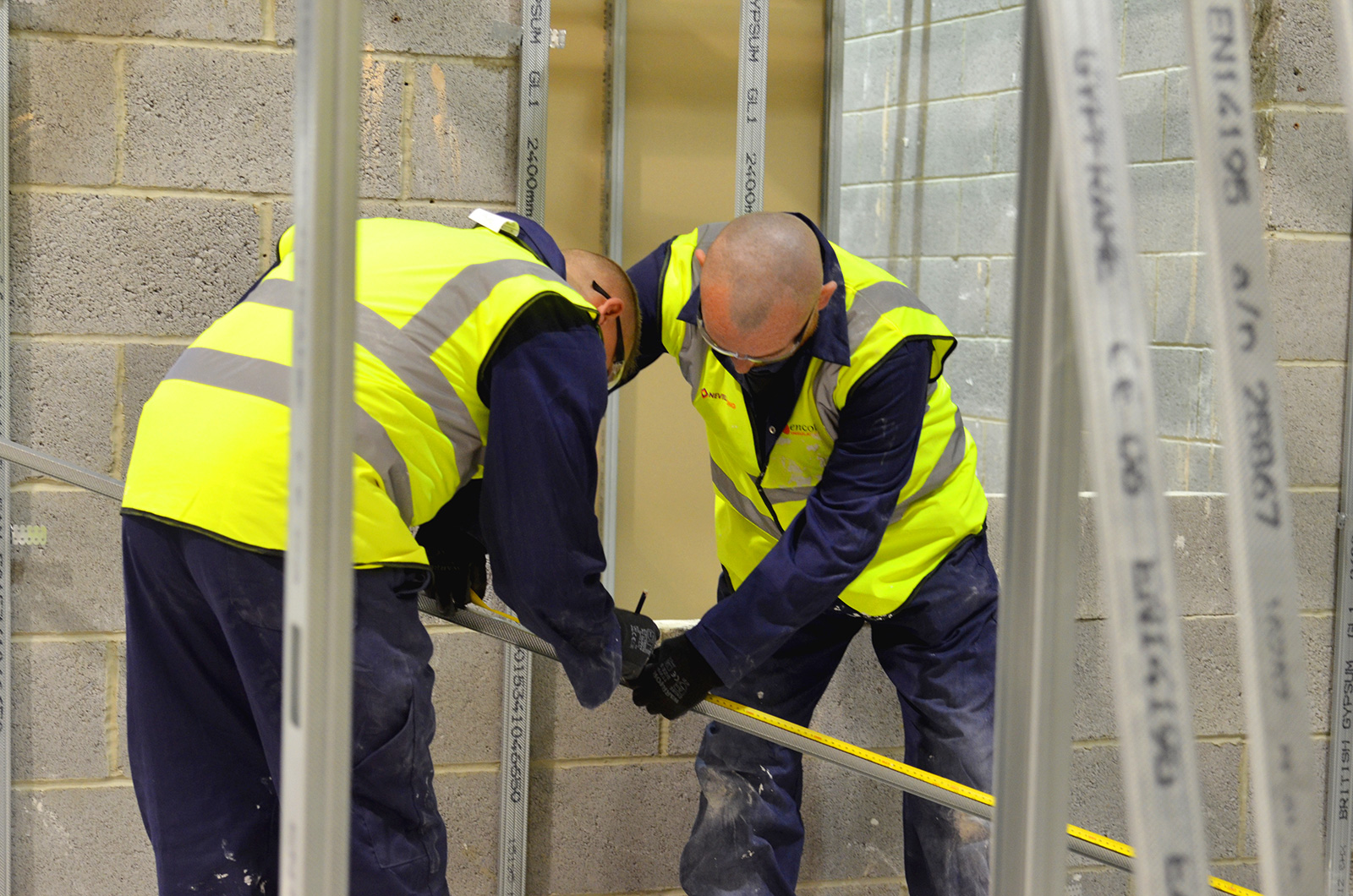With the outcome of CITB’s Training Levy Proposal consensus survey still fresh, Helen Yeulet, skills delivery director at FIS, considers what this could mean for skills and training in the sector.
After many years of trying as the FPDC and AIS, FIS was finally granted CITB consensus status this year, becoming what’s known as a consensus federation. As a result, in September FIS conducted its first consensus survey as part of the CITB Training Levy Proposal. Some may see the resounding ‘no’, rejecting the levy (FIS members voted by 60 per cent to 40 per cent to reject the proposal), as somewhat ungrateful, but should we be surprised?
With only 35p of grant being returned on every pound of levy paid, this looks and feels like a poor return on investment for the sector. CITB don’t like the argument to be about money being returned to levy payers, but, unfortunately, members do and voted accordingly. The interiors sector cannot see any correlation between the skills it needs to deliver on-site and the money paid in levy. Partly, this is due to business models that require great flexibility and the reliance on Labour Only Subcontractors, meaning that most of these are not able to claim grants on offer. The levy is frequently viewed as a tax with no benefits.
What is, therefore, surprising is the low turnout for the poll: only 13 per cent of eligible members voted! If you want something to change for the better, everyone needs to engage and ensure that you get the training and skills you need to run your business.
Marc Gray, CEO of Grays Dry Lining, commented: “We have spent a great deal of money on training. Of all the organisations we worked and partnered with, the most difficult to deal with was undoubtedly the CITB. And that list includes government department and ministers.
“For me, the CITB’s systems are an unfathomable mix of unnecessary processes that suck your time, money and enthusiasm. I would love for the CITB to be an effective and equitable partner. Sadly, today, it is not. That we remain with the incumbent troubles me; is this really the best solution. It is the industry’s money and it should be invested quickly and effectively. I don’t believe the CITB is capable of doing either.”
Despite FIS members rejecting the proposal, the industry as a whole has accepted it but with a very strong proviso that CITB embarks on significant reform as quickly as possible. A skills shortage is only set to worsen through an ageing workforce, further exacerbated by the impending Brexit impact combined with the demand by government to build more houses – one million by 2020.
Industry blames CITB for not delivering and it is right to, but if a Training Board didn’t exist, would employers truly invest all the levy money into appropriate training?
Industry needs to begin to take responsibility and accountability for the skills shortages, but it can’t do that while CITB continues to act as the ever-present nanny. While the culture of ownership and the purse strings for skills sit within its hands, the industry cannot change.
What is the proposal? We’re not sure! We’re being consulted but we’re still not clear on what it will really mean and how it will make sure the skills shortages are reduced. To drive change, it needs to be industry-led with agreed objectives that are backed by a clear, scoped and published plan. Involve industry in the delivery of a project like Go Construct and it has half a chance of success.
Dominic Tutt, managing director of Astins, said: “I very much hope that the recent consensus vote will serve as a reminder to CITB of the need for it to change. I also believe that the current leadership of the CITB is very aware of this need for change.
“It’s also evident that we, as a sector, need to lead more by investing in our people. Above all we, as industry, share the same common purpose as the CITB – namely to get more and better-skilled operatives and staff. Surely it is therefore incumbent on us all to overcome past challenges and current blockers (regardless of who is responsible) and get on with getting a qualified workforce.”
In the knowledge that FIS has been tasked to attract new entrants and drive a difference, we want to sit down at the table with the rest of the industry AND CITB, and work together to resolve the skills shortages. Let’s take time to develop a plan that addresses the key issues and agree the right timeline to deliver this to ensure that it can be a success. The sector needs change – but change cannot be delivered without all parties working with each other and not against each other.
As Bill Gates, Microsoft founder and former CEO, once said: “Your most unhappy customers are your greatest source of learning.”


